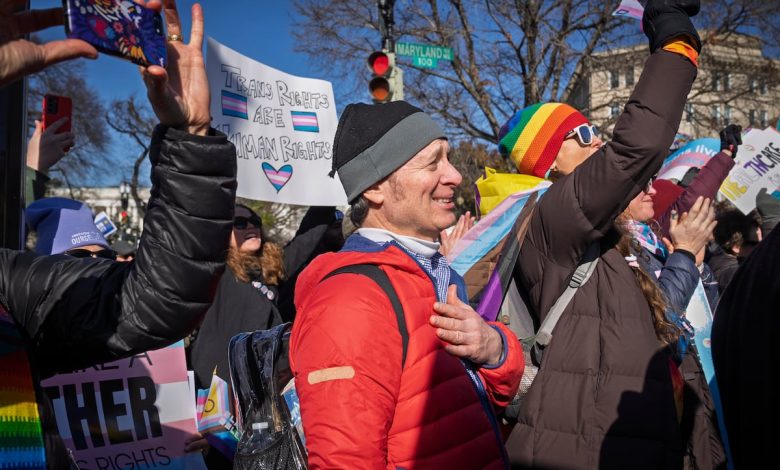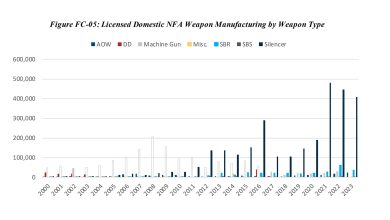Medical care limits for transgender minors complicates defense bill

LGBTQ advocates are urging lawmakers to vote against the annual defense authorization bill because of language barring military health care from providing specialized care for minors diagnosed with gender dysphoria.
But most other controversial social issues have already been stripped from the must-pass defense budget measure, which includes a massive pay raise for junior enlisted troops and a host of other Defense Department reforms. Whether the lone problematic provision will be enough to generate significant Democratic backlash is unclear.
On Monday, a coalition of nearly 300 groups publicly decried the “anti-military family, anti-trans provision” in the $850 billion defense bill and said the language will force service members “to choose between their military careers and providing health care for their loved ones.”
The language would not apply to adults seeking treatment for gender dysphoria, only dependents under 18. Congressional negotiators said the goal is to prevent TRICARE from covering any “medical interventions that could result in sterilization” of minors.
RELATED
The issue of transgender care for minors has been a friction point on Capitol Hill for months and in the November elections.
Democratic lawmakers pushed unsuccessfully on Monday evening to strip the language from the text of the compromise authorization bill. House Armed Services Committee ranking member Adam Smith, D-Wash., criticized Republican leaders for its inclusion.
“Blanketly denying health care to people who clearly need it, just because of a biased notion against transgender people, is wrong,” he said in a statement. “This provision injected a level of partisanship not traditionally seen in defense bills.”
The provision was originally approved by the Senate Armed Services Committee — where Democrats currently hold the majority — and amended slightly by a bipartisan negotiating committee of representatives and senators.
That compromise group did jettison a host of other controversial social issues from the defense bill, including a ban on military-funded gender transition surgeries, the repeal of the Defense Department’s abortion access policies, elimination of several military diversity offices and a forever ban on military mask rules for the spread of infection diseases.
The final bill includes a 4.5% pay raise for all troops, with an extra 10% pay bump for service members E-4 and below. That provision, starting in April 2025, would mean $250 to $500 more in base pay each month for junior enlisted troops on top of the across-the-board raise.
That presents a difficult and problematic choice for some Democratic lawmakers, forcing them to choose between higher paychecks for troops and other protections. Defense Department officials have not released data on how many individuals may be impacted by the new TRICARE provision.
Democratic lawmakers in the House may not have the numbers to block the legislation either way. Republicans still hold a majority in the chamber, and will hold a procedural vote on the authorization bill Tuesday. If enough Republicans back the measure, it could be sent to the Senate by the end of the week.
President Joe Biden has publicly opposed limits to transgender care, but has not weighed in on the specific TRICARE limits for minors. President-elect Donald Trump has been critical of the services and could push for further restrictions when he takes office next year, regardless of what Congress approves this month.
Advocates were expected to be on Capitol Hill Tuesday, lobbying House lawmakers ahead of the authorization bill votes.
Leo covers Congress, Veterans Affairs and the White House for Military Times. He has covered Washington, D.C. since 2004, focusing on military personnel and veterans policies. His work has earned numerous honors, including a 2009 Polk award, a 2010 National Headliner Award, the IAVA Leadership in Journalism award and the VFW News Media award.
Read the full article here







